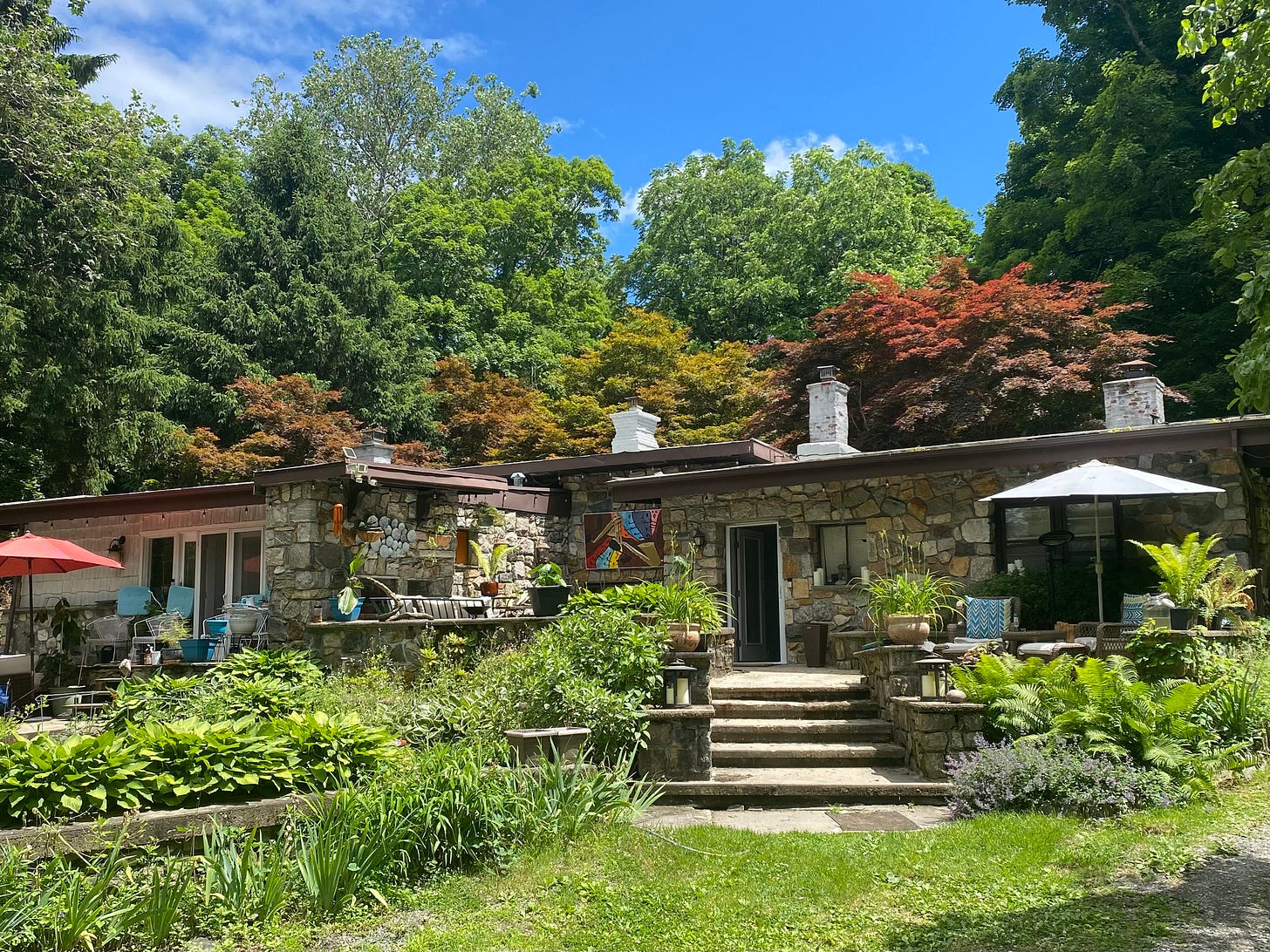why we need to stop “shoulding” on ourselves in healing work
(reflections from reparations café on healing, practice, and self-compassion)
Yesterday, at an in-person Reparations Café hosted by Mahaba House, a Black healing space in Hudson Valley, I shared the importance of this decolonial, trauma-informed, collective healing work, and the newness of it.
There’s always a bit of awkwardness in the beginning of the work and a lot of shoulding on oneself.
I should know how to (fill in the blank).
I should have been able to recognize (fill in the blank).
I should have healed from this already.
"But should you though?"
As a people, we are often so hard on ourselves when we imagine ourselves as needing to occupy another space as some future version of ourselves, rather than being with who we are now, in this place, as we are, and as who we are not. To address the shoulds with compassion and context I usually give the example of young people who have to be taught how to brush their teeth and wipe their ass. Time and time again they must be taught basic hygienic functions until they develop some competence. If they don’t receive this modeling or these explicit instructions then they won’t even have an awareness of the hygiene practices we relate to as basic only because most adults are so “unconsciously skilled” in these hygienic practices we do not need to think about it.
If basic hygienic practices must be modeled or explicitly taught, then why is there an assumption that complex collective intergenerational healing is somehow as innate and automatic as blinking, breathing, or the beating of our hearts?
“Please tell me, where do you go to practice healing collective trauma? I'm asking for a friend."
And I mean practice. I do not mean talking about the shoulds, or condemning people who are clearly unskilled in healing, or believing that knowing a thing is the same as embodying it.
Who told you that you should know how to (fill in the blank)? The ones who judge you for not knowing, do they know how to (fill in the blank)? What systems have poured into you acquiring the skills to recognize (fill in the blank)? Did you attend the School of Healing Collective Trauma alongside your entire bloodline where the homework was a collective deep dive into the ancestral shadows that keep making themselves known in the ruptures your family smiles through? How would you know how to heal from centuries of brutality that we can barely even name? Why do you expect yourself to have superhuman strength here? Isn't the expectation of superhuman strength under the weight of empire something that was expected of our foremothers and forefathers as well while they wore chains?
Should is also a trauma response.
What would it be like to instead be held with tenderness here? If we meet the wound with self-compassion then we can acknowledge that it is okay that this process makes us feel like a child in tears protesting against going into the bathtub to cleanse our bodies of the residue of anti-Blackness accumulated over the generations.
Be free,
Antoinette Cooper
Support my debut book UNRULY, Legacy Book Press, LLC 2025




